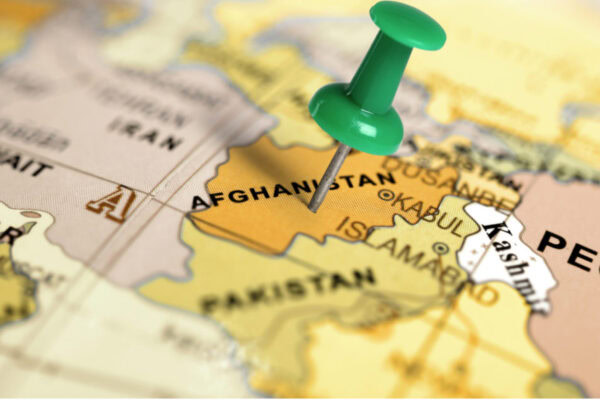Matiullah Abid, spokesperson for the Ministry of Energy and Water, told TOLOnews that some neighboring and regional countries are interested in investing in clean energy production in Afghanistan.
Abid said that the ministry has a five-year plan to achieve self-sufficiency in energy production, and with its implementation, Afghanistan will become self-reliant in clean energy production.
“The Ministry of Energy and Water has prepared a five-year plan, and if this plan is implemented, the country will achieve self-sufficiency,” said the spokesperson for the Ministry of Energy and Water.
Afghanistan is a reservoir for energy production from various sources such as solar, wind, and water. If investments are made in this sector, citizens’ electricity needs will be addressed.
“The reason behind Afghanistan’s lack of self-sufficiency is our reliance on electricity imports. Imported electricity is cheaper, and donors have always questioned why we don’t buy cheaper power from neighbors instead of producing domestic electricity at a higher cost,” said Amanullah Ghalib, the former head of the Breshna company.
Investment in solar energy production and other electricity generation sources is one of the key demands of industrialists and citizens of the country.
“Afghanistan is rich in energy resources, both renewable and non-renewable. Renewable resources such as water, wind, solar, and agriculture are accessible, and if managed properly, this process can yield better results,” said Abdul Zohur Madbar, an economic affairs analyst.
This comes as Afghanistan currently produces only 20% of its energy needs domestically, while 80% of its electricity is imported from Uzbekistan, Tajikistan, Turkmenistan, and Iran.

